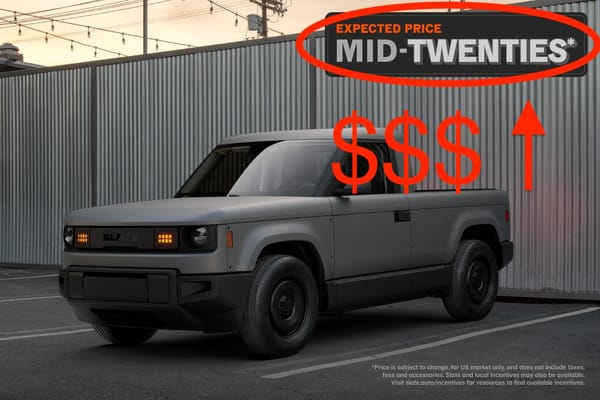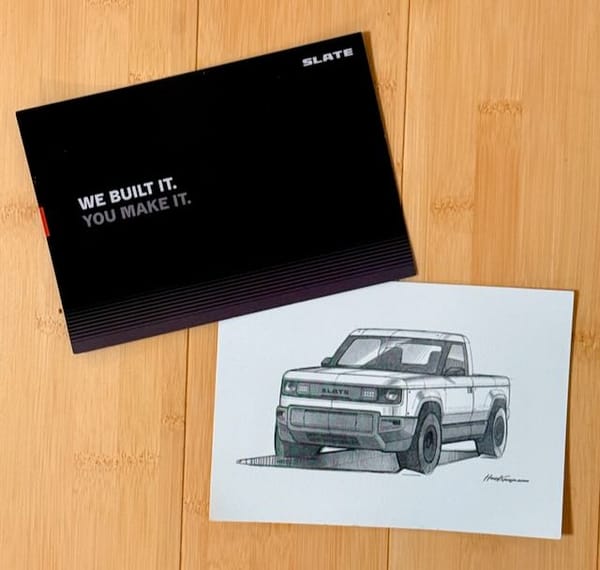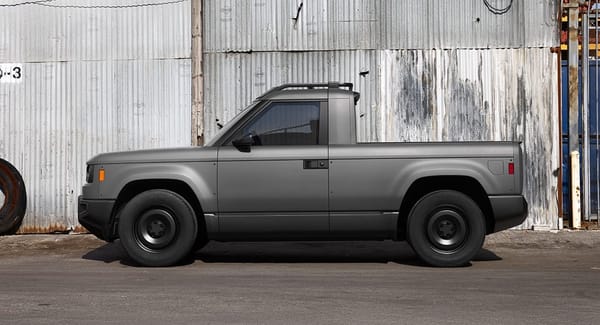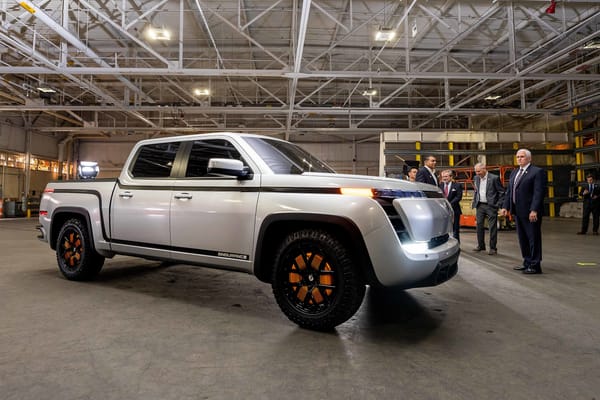Why Electric Truck 'Flops' Prove We Need Small, Affordable EV Trucks More Than Ever
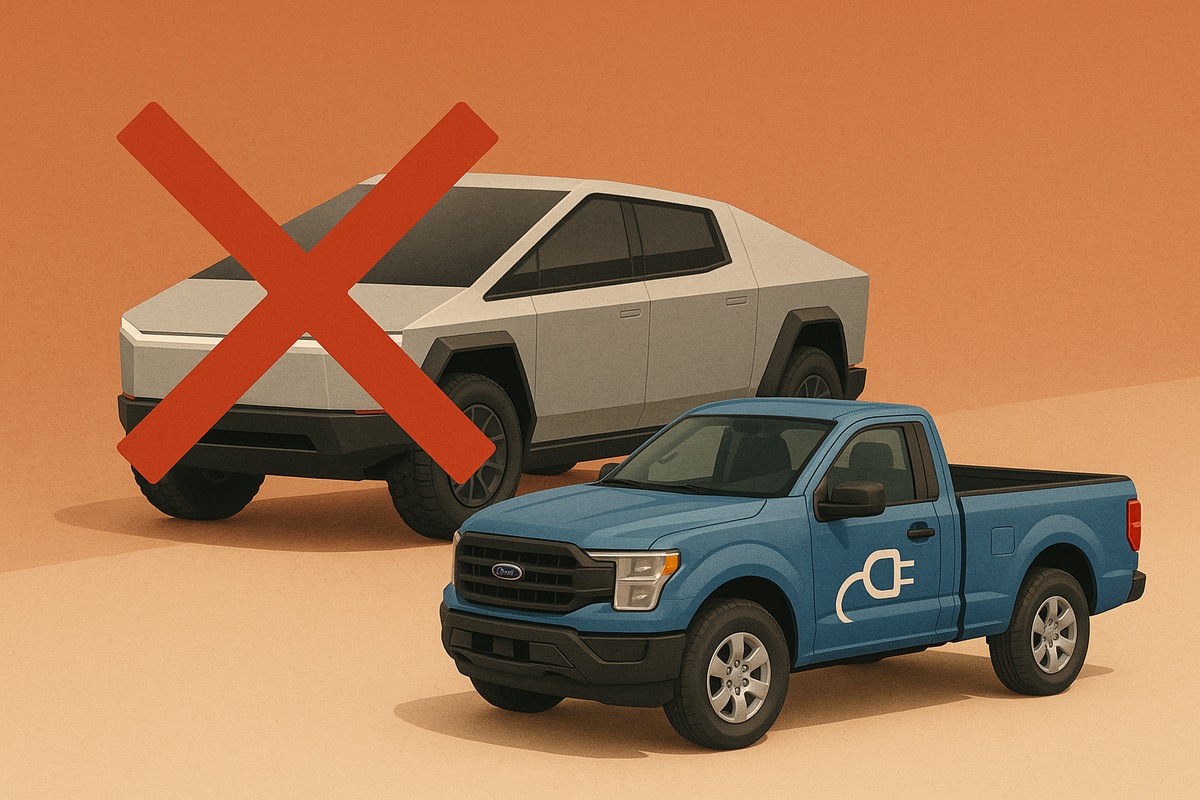
A recent InsideEVs piece reports that electric trucks "just aren't taking off," pointing to disappointing sales for the Tesla Cybertruck and Ford F-150 Lightning. But this analysis misses a crucial point: the current crop of electric trucks isn't failing because people don't want electric trucks — they're struggling because automakers built the wrong trucks for most buyers.
The Problem Isn't Electric: It's Everything Else
The InsideEVs article hits on real issues. Current electric trucks struggle with range when loaded, they're expensive (neither the Lightning nor Cybertruck ever hit their promised $40,000 starting prices), and charging infrastructure remains spotty where trucks see heavy use.
But these problems aren't inherent to electric powertrains. They're the result of trying to electrify massive work trucks first. When you start with a 5,000-pound vehicle and add a huge battery pack, you end up with an $80,000+ truck that's too expensive for most buyers.
While automakers focused on electric versions of their larger trucks, they ignored the segment that makes the most sense for electrification: smaller, affordable pickups for everyday use.
Think about how most people actually use trucks. According to Strategic Vision research, 75% of truck owners tow once a year or less, 70% go off-road once a year or less, and 35% use their truck bed for hauling once a year or less. They're using trucks for weekend projects, recreational activities, light hauling and daily driving — not maximum payloads.
For these real-world use cases, smaller electric trucks make perfect sense. Average daily driving is around 40 miles, home charging handles most needs, and lower operating costs matter when you're not writing off fuel as a business expense.
This is why trucks like the Slate look so promising. Instead of trying to electrify everything at once, companies are asking: what's the minimum viable truck that meets most people's actual needs?
Slate claims over 100,000 reservations, though skeptics rightly note the Lightning and Cybertruck's poor reservation-to-sales conversion. But as mentioned above, those trucks disappointed by arriving at much higher prices than promised. If Slate can deliver capable trucks in the $20,000-$30,000 price range, they'll offer something genuinely new.

